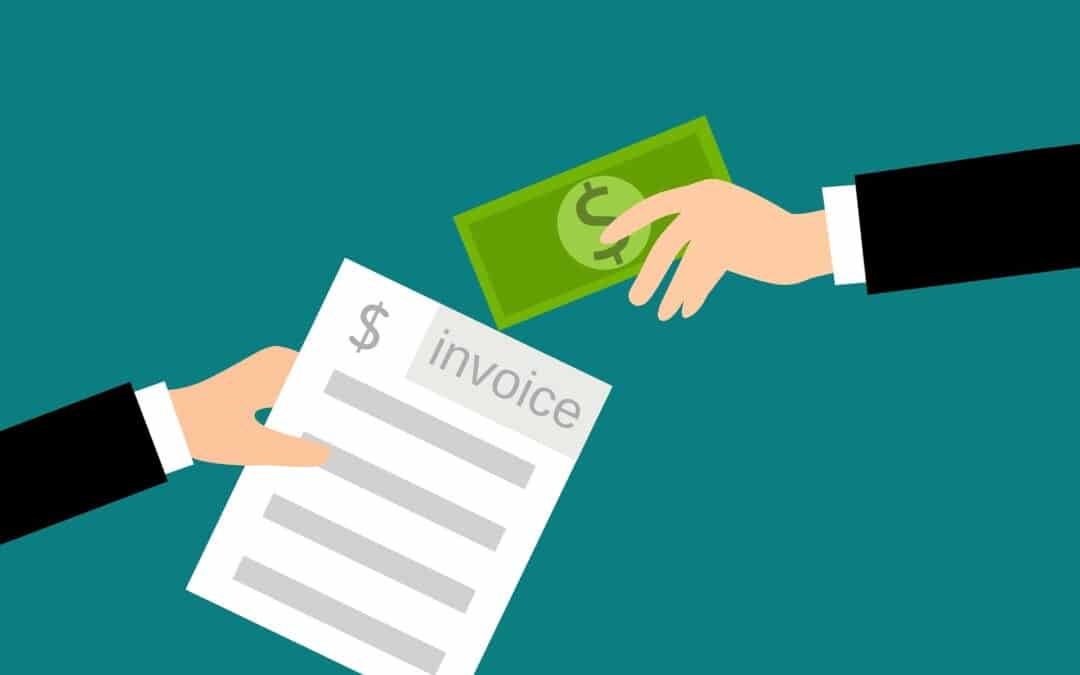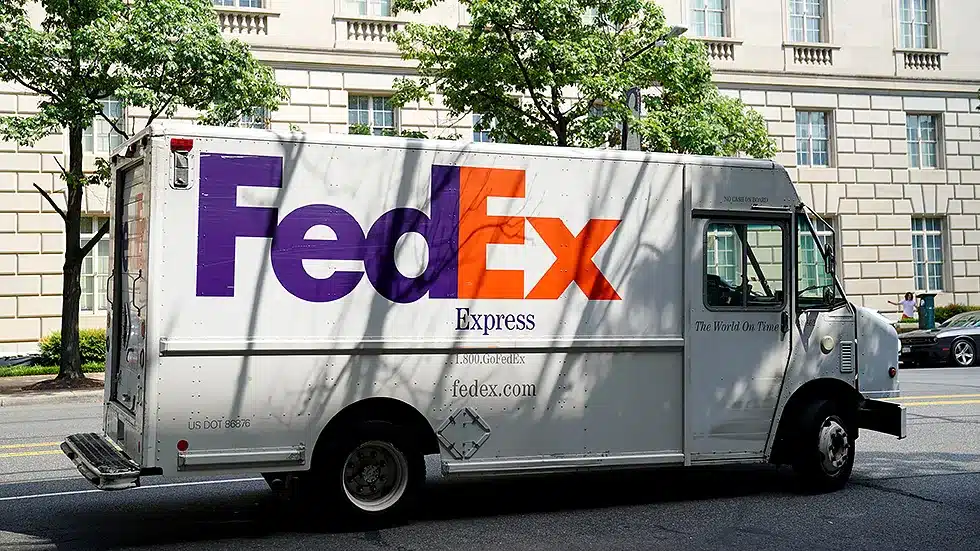- WHEN THE AT-FAULT DRIVER PAYS YOUR BILLS
Curious as to who pays for medical bills after an auto accident in Georgia? You are not the only one. The days and weeks after a severe car accident can turn into a blur of insurance forms, accident reports, and growing medical debt. If another person caused the accident, you could be entitled to compensation for those medical bills. However, that does not mean obtaining that compensation will be easy.
Depending on your circumstances, you could have more than one avenue for having your medical bills paid after a car crash. A driven personal injury lawyer can review your case and walk you through each of those options. With the right legal counsel, you could focus on your physical recovery while your attorney focuses on your financial future.
WHEN THE AT-FAULT DRIVER PAYS YOUR BILLS
Georgia is an “at-fault” state, meaning that the negligent party that caused the accident is responsible for your medical bills. That does not mean you can count on the other driver or their insurance company to pay without a fight. A successful injury settlement only occurs after the other driver’s insurance company has completed its claims process.
In cases where liability is clear, this might only take a matter of days. When liability is disputed, or the parties disagree on the severity of the injury, it could take months for the claim to resolve. Until the parties reach a final settlement, the other insurance company will not pay any medical bills. In some cases, the hospitals and medical providers involved will be willing to wait until an injured driver resolves their claim to pay the bill. In other situations, an alternate payment option will be necessary.
OTHER INSURANCE CLAIMS
When the at-fault driver is unwilling or unable to pay the claim, there are other insurance options that might pick up the slack. Motorists that have private or government health insurance coverage can pursue a claim on that policy for their treatment. The insurance company will likely seek to recoup their losses from the at-fault driver at a later date. This is done through a process known as subrogation.
Drivers that lack health insurance might be entitled to file a claim through their auto insurance policies under two specific circumstances. First, a driver that has comprehensive insurance coverage as part of their auto insurance package can file a claim with their insurer. In this case, the insurer is also likely to pursue subrogation against the other driver.
The second way an injured motorist could file a claim with their own insurance policy is if they have uninsured motorist coverage. These claims are limited to accidents involving drivers without liability insurance. Alternatively, it is possible to file an uninsured motorist claim when the other driver has some coverage, but not enough to pay the full amount of damages that are owed.
Neither comprehensive nor uninsured motorist coverage is mandatory, meaning there are many motorists that cannot rely on them following an accident. In those cases, direct legal action against the other driver is generally the final option.
DISCUSS MEDICAL LIENS WITH AN ATTORNEY
A dedicated personal injury attorney can assist in the process of determining who will pay the medical bills after an accident. In fact, many attorneys can assist with filing insurance claims and identifying medical providers that are in-network. Reach out to an injury attorney right away to learn more.







